Conspiracy Theories - Conspiracy Theory Exploration
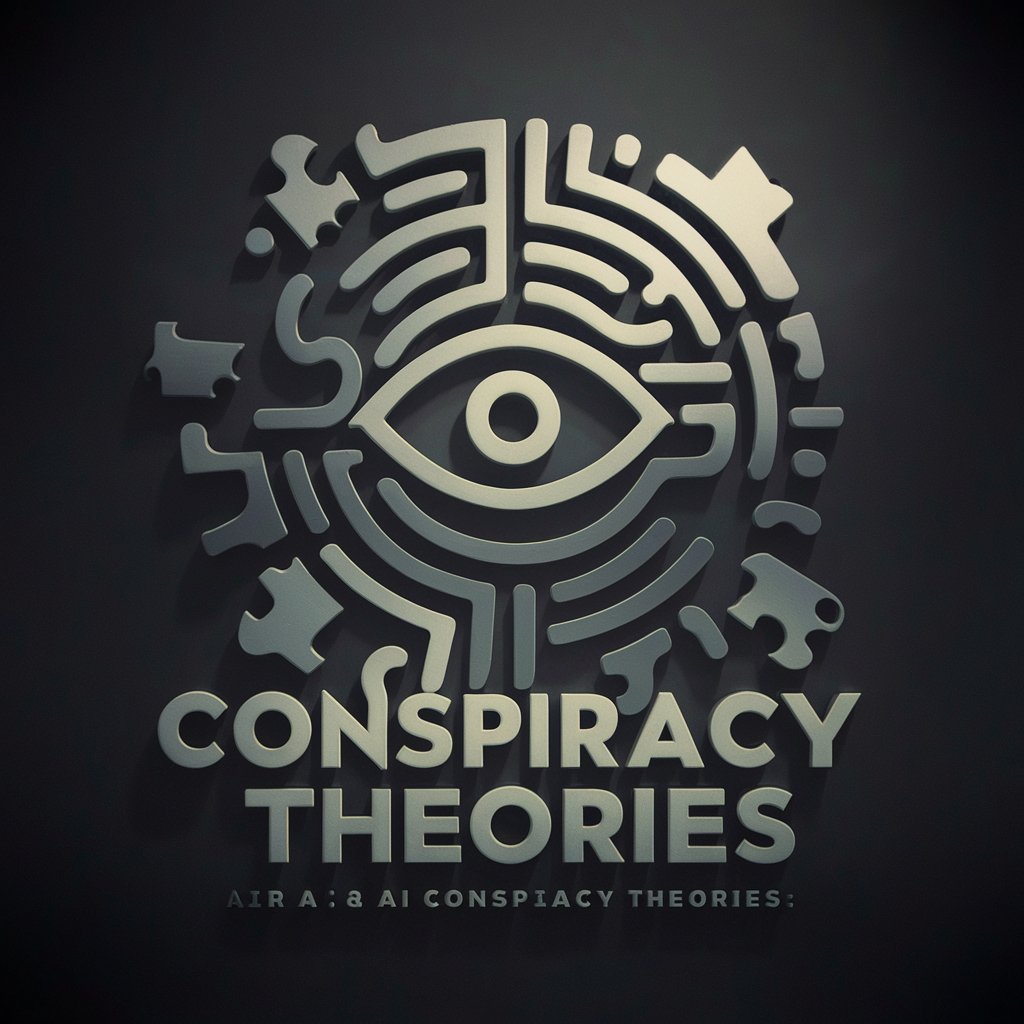
Hello! Let's dive into some fascinating conspiracy theories together.
Unravel mysteries with AI-powered insights
Explore the most intriguing conspiracy theories related to...
What are some of the widely-discussed theories about...
Can you delve into the origins of the theory that...
Discuss the various aspects and perspectives of the theory surrounding...
Get Embed Code
Overview of Conspiracy Theories
Conspiracy Theories is designed to explore, discuss, and provide information on a wide range of conspiracy theories circulating in public discourse. Its primary function is to serve as an educational and exploratory tool, presenting theories ranging from historical and political conspiracies to scientific and cultural ones. By integrating online search capabilities, it is equipped to fetch and present the most interesting, widely-discussed, and current conspiracy theories. For instance, it can delve into theories about the moon landing being staged, the existence of secret societies controlling global events, or the origins of certain viruses. The design purpose is to stimulate curiosity, encourage critical thinking, and foster a nuanced understanding of these theories without endorsing or dismissing them outright. This approach ensures that users receive a comprehensive yet balanced view of various conspiracy theories, encouraging them to explore these concepts further with an open mind. Powered by ChatGPT-4o。

Core Functions and Real-World Applications
Educational Exploration
Example
Explaining the historical context and variations of the New World Order theory
Scenario
A user curious about the concept of the New World Order can receive a detailed overview, including its origins, how it has been represented in media, and the different perspectives that exist about it.
Critical Analysis
Example
Assessing the evidence for and against the theory that the moon landing was faked
Scenario
A user skeptical about the moon landing can be guided through the various arguments, evidence, and counter-evidence surrounding this theory, encouraging a critical evaluation of information sources.
Current Events Linkage
Example
Connecting contemporary events to longstanding conspiracy theories
Scenario
Users interested in how current global events might be seen through the lens of conspiracy theories (e.g., global pandemics or financial crises) can learn about potential connections and the theories' evolution over time.
Target Audience for Conspiracy Theories
Curious Minds
Individuals with a keen interest in history, politics, and culture who are open to exploring unconventional explanations for events and phenomena. They value critical thinking and are eager to deepen their understanding of the world from multiple perspectives.
Educators and Researchers
Academics, teachers, and researchers looking for resources to introduce the concept of conspiracy theories in their curriculum or studies. They benefit from the platform's comprehensive exploration of theories for educational purposes, fostering critical analysis and discussion among students or peers.
Skeptics and Debunkers
Individuals interested in debunking or critically analyzing conspiracy theories. They use the service to understand the arguments and evidence presented by conspiracy theories to better argue against them in public discussions or for personal satisfaction.

How to Use Conspiracy Theories
1
Start by visiting a platform that offers a trial without the need for login or a subscription, ensuring accessibility to everyone interested.
2
Identify a specific conspiracy theory or a related topic you're curious about. This will be your starting point for exploration.
3
Use the search function or browse through categories (if available) to find discussions or information related to your chosen conspiracy theory.
4
Engage with the content by reading, asking questions, or contributing to discussions to gain a deeper understanding of different viewpoints.
5
Apply critical thinking and do further research using credible sources to form your own informed opinion on the subject.
Try other advanced and practical GPTs
GPT Prompt Writer
Crafting prompts, powering creativity.
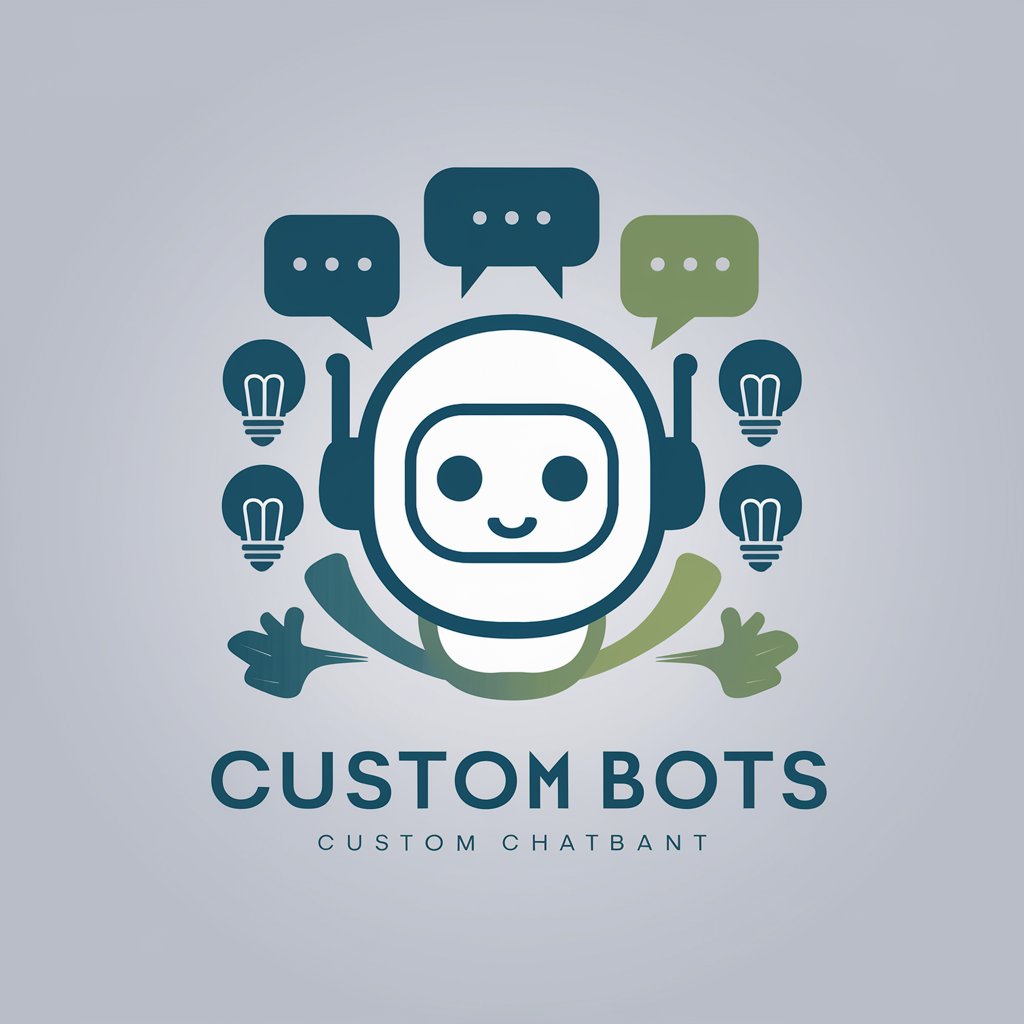
Tuteur Personnel en Suédois
AI-powered Swedish learning, personalized for you.
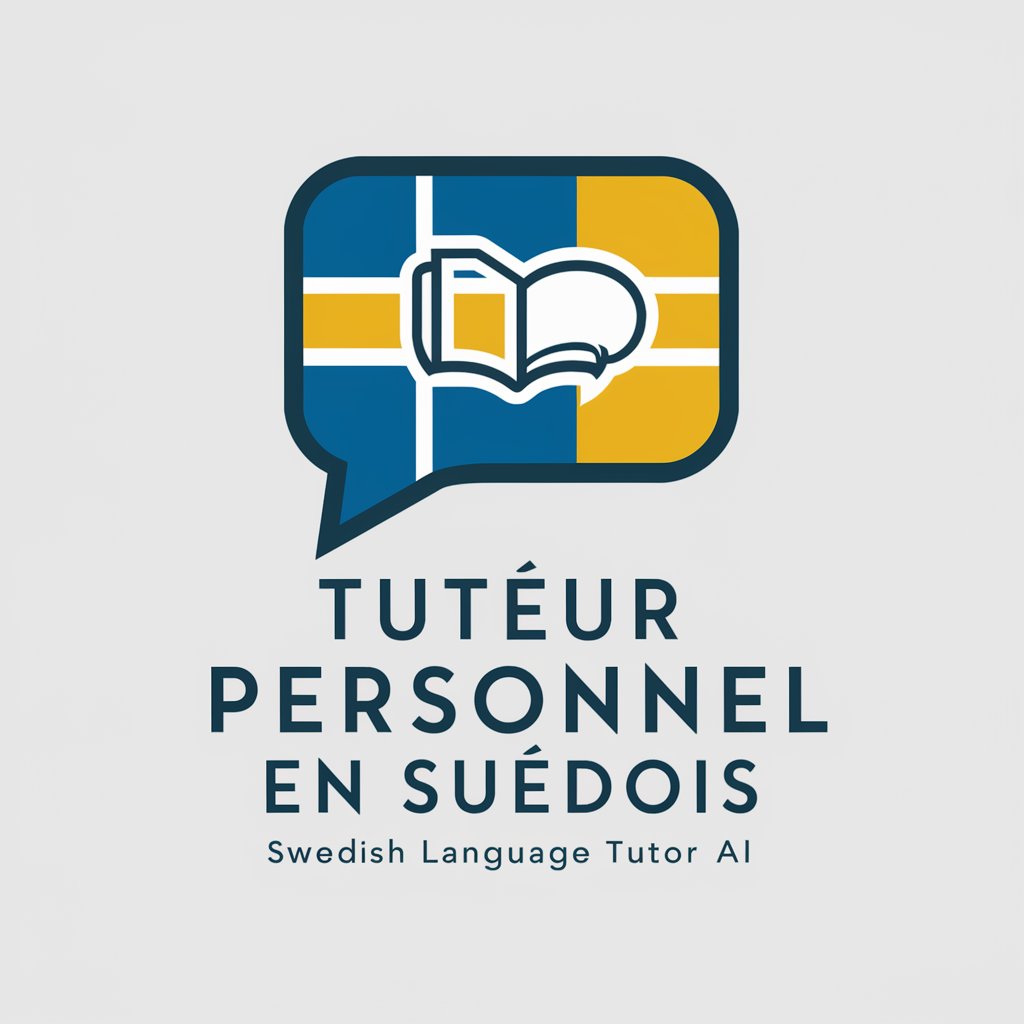
Soothing Companion
Empathetic AI for Everyday Support

Serenity Sage
Personalize your path to peace
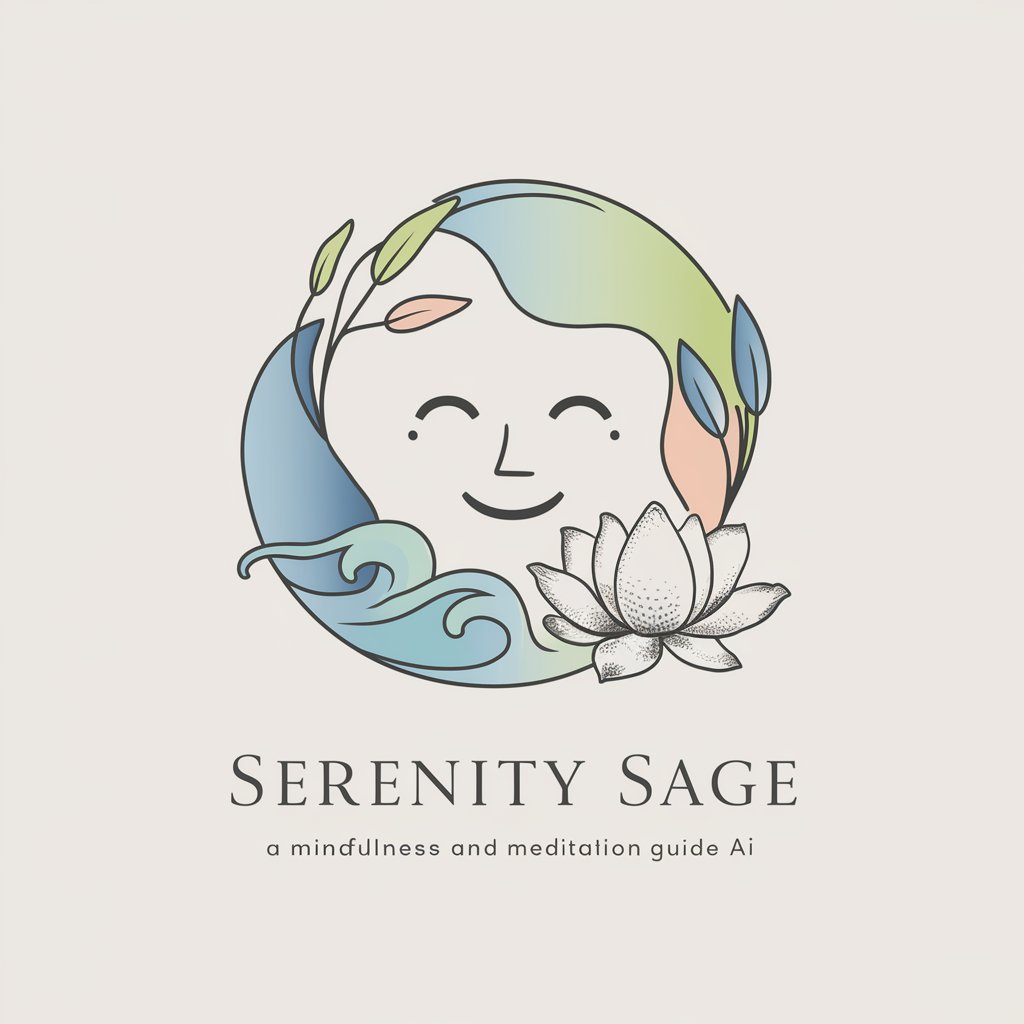
Garden Guru Interactivo
Cultivate your garden with AI-powered guidance.

Admis
Empowering Creativity with AI

JavaScript Guru
Master JavaScript with AI-powered guidance.
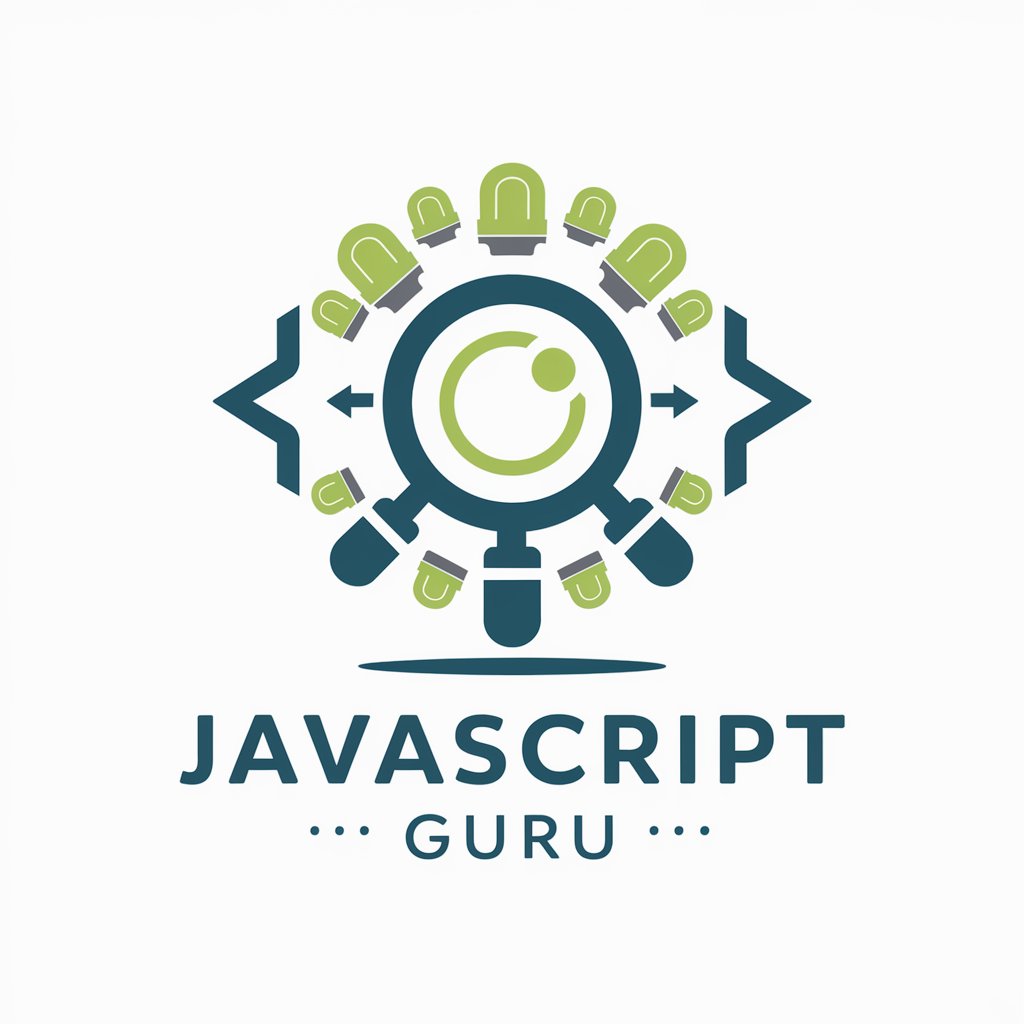
معلم خصوصی عربی
Your Personalized AI Arabic Mentor

Mon GeoSocialEducator
Empowering global understanding with AI

Sales Coach MindHacker.AI
Empowering Sales Success with AI

Vine Virtuoso
Enhance Your Wine Journey with AI
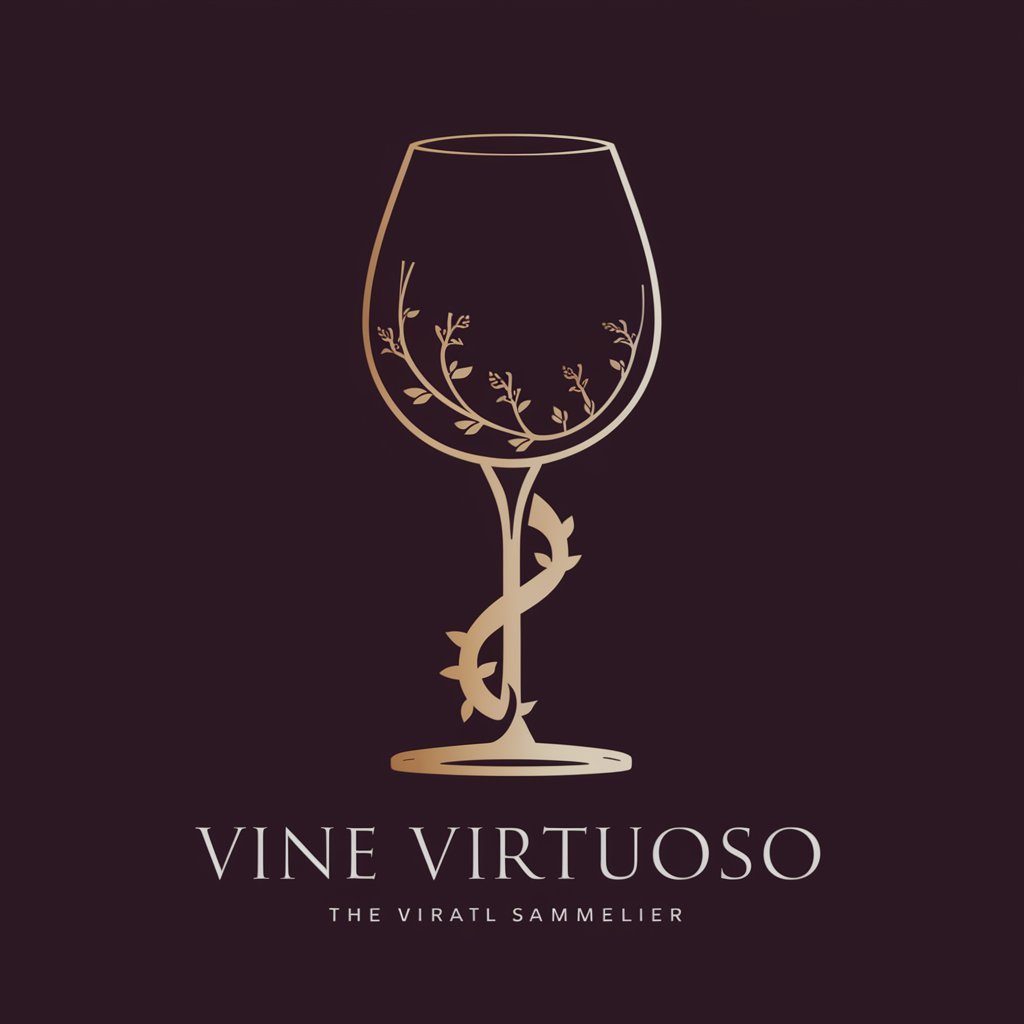
Personal German Tutor
AI-Powered German Language Mastery

Conspiracy Theories Q&A
What types of conspiracy theories can I explore with this tool?
You can explore a wide range of theories, from historical conspiracies and unsolved mysteries to modern-day theories surrounding technology, politics, and global events. The tool is designed to cover an extensive spectrum of topics to cater to diverse interests.
How does the tool ensure neutrality when discussing conspiracy theories?
The tool maintains a neutral stance by presenting information without endorsing or dismissing any theory. It encourages users to engage in open-minded discussions and emphasizes the importance of critical thinking and independent research.
Can I contribute my own theories or information?
Yes, users are encouraged to share their insights, theories, or additional information. This collaborative approach enriches the discussion and provides a platform for varied perspectives.
Is there a way to verify the information found on the tool?
While the tool provides a broad overview of different theories, it recommends users to verify information through further research using credible and authoritative sources. It aims to stimulate curiosity rather than serve as a definitive source of truth.
How can I make the most out of the Conspiracy Theories tool?
To optimize your experience, approach each theory with an open mind, be willing to explore different viewpoints, participate actively in discussions, and use the tool as a starting point for deeper research. Engaging with a community of users can also provide valuable insights and perspectives.
